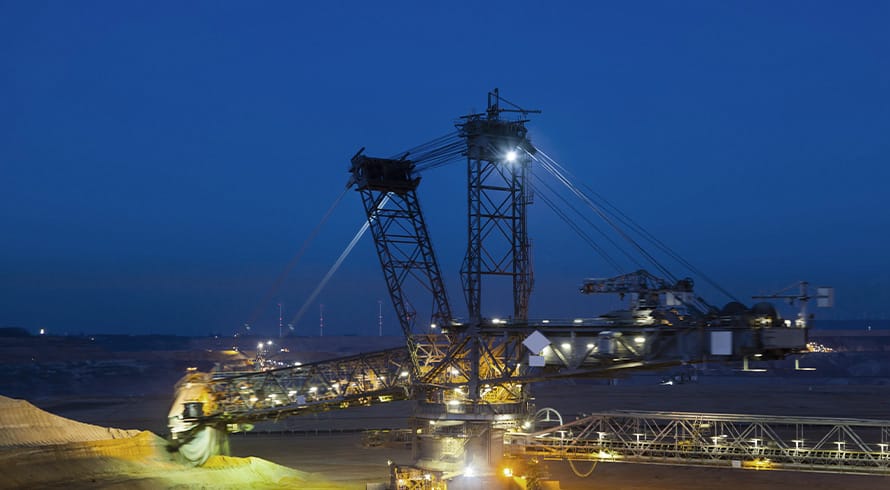Mining industry to welcome proposed amendments to residue stockpiles and deposits regulations
With RSRDs identified as waste under Schedule 3 of the National Environmental Management: Waste Act, No 59 of 2008 (NEMWA), s69(iA) of NEMWA entitles the Minister of Environmental Affairs to make regulations regarding the management and control of RSRDs from prospecting, mining exploration or production operations.
The first set of Regulations on the control of RSRDs (the Regulations) were promulgated in July 2015.
The Regulations presently require that RSDS’s pollution control barrier systems must be designed in accordance with the National Norms and Standards that relate to the assessment and disposal of waste to landfill sites (Landfill Standards), regardless of a RSDS’s pollution potential. This was met with widespread criticism from the mining section, due to the significantly increased construction costs mining companies would incur and resulted in litigation being instituted regarding the reasonableness of this requirement.
This requirement is far more onerous than what was previously prescribed under the Minerals and Petroleum Resources Development Act, No 28 of 2002 (MPRDA), which governed RSRDs prior to the introduction of the Regulations.
It is also contrary to NEMWA’s objectives, which seeks to ensure the provision of reasonable measures for inter alia the safe disposal of waste. Clearly there cannot be a “one-size-fits all approach” to the prevention of pollution and ecological degradation. Planning and management techniques must be context-driven and well-tailored, to manage the peculiar risks associated with each mining operation and the waste products incidental thereto.
The Landfill Standards are presently required to be applied when a mining company applies for a waste management license (WML). The Department of Water and Sanitation, however, also incorrectly relied on the Requirements when considering applications for water use licences (WULs) and would not issue a WUL unless it included a condition the pollution control barrier system would be designed in accordance with the Landfill Standards. If the Proposed Amendments are enacted, this will prevent the DWS from including such onerous conditions to WULs.
Once promulgated, the Proposed Amendments will not only apply to new RSRD WML applications (WMLAs), but also to any RSRD WMLA which was previously submitted.
The Proposed Amendments are therefore to be welcomed by the mining industry. The introduction of a case-by-case approach in the determination of pollution control barrier systems is not only more cost-effective, but also better suited to cater for effective pollution control and ensure environmental protection.
The information and material published on this website is provided for general purposes only and does not constitute legal advice. We make every effort to ensure that the content is updated regularly and to offer the most current and accurate information. Please consult one of our lawyers on any specific legal problem or matter. We accept no responsibility for any loss or damage, whether direct or consequential, which may arise from reliance on the information contained in these pages. Please refer to our full terms and conditions. Copyright © 2026 Cliffe Dekker Hofmeyr. All rights reserved. For permission to reproduce an article or publication, please contact us cliffedekkerhofmeyr@cdhlegal.com.
Subscribe
We support our clients’ strategic and operational needs by offering innovative, integrated and high quality thought leadership. To stay up to date on the latest legal developments that may potentially impact your business, subscribe to our alerts, seminar and webinar invitations.
Subscribe




